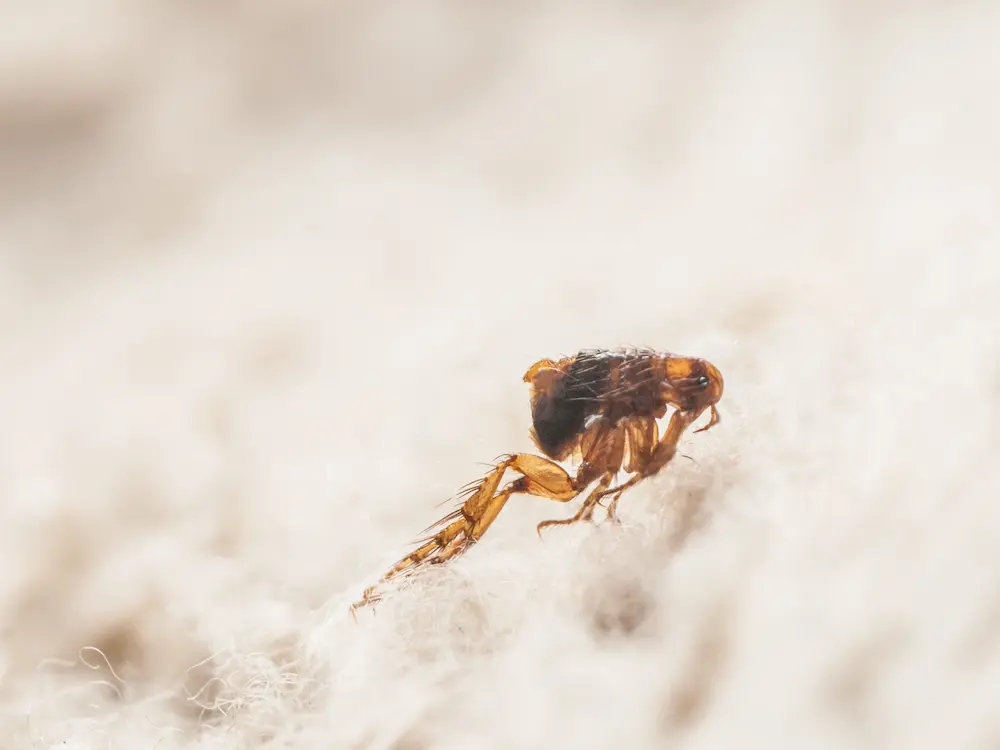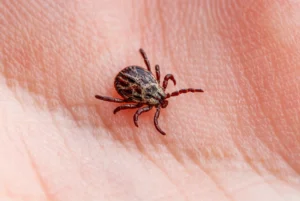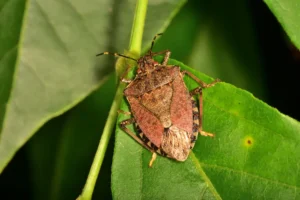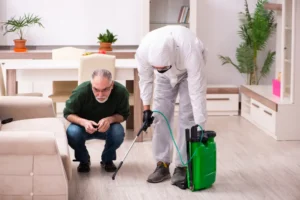Fleas are horrible pests. But we probably don’t have to tell you that. If you’ve ever experienced a run-in with fleas or know someone who has, then you already know! They are known for leaving itchy bites on people and their pets and becoming a huge nuisance when they invade homes. We probably don’t have to tell you that they’re hard to get rid of either. These resilient pests are renowned for their ability to survive treatments meant to eliminate them. You can spend hours upon hours trying to stamp out a flea infestation without any success. Not only will that leave you with less money in your wallet, but it will also leave you with ongoing flea bites which can be a danger to both you and your pets!
Flea Bites
Most of the time, fleas bites are nothing more than an itchy irritation. But if those irritating bites are scratched excessively, they can turn into open wounds and become infected if an antibiotic cream isn’t applied. But itchy bites and open wounds aren’t really that dangerous. They’re just a pain.
When pets get lots of flea bites, it can turn into a dermatological problem, appropriately named flea allergy dermatitis (FAD). This can lead to hair loss as well as redness, bumps, scabs, and pustules on the skin. This condition, as you can probably imagine, is exacerbated by excessive grooming, making pets more susceptible to extreme forms of skin illness. In order to fully treat flea allergy dermatitis and other skin problems, the fleas must be completely removed from your pet’s environment. That brings us back to our first problem: fleas are hard to get rid of. We’ll talk about that in a moment.
Fleas & Your Pets
Before we get into the topic of flea extermination, we have more bad news. Those fleas don’t just make life miserable for your pets. Your pets also can catch diseases from fleas. The most common disease dogs and cats contract from fleas is bartonellosis. Symptoms of this illness include fever, lameness, inflamed nose, nasal discharge or bleeding, inflamed eyes, diarrhea, cough, vomiting, and possible seizures. Internal organ damage can also occur when this disease is contracted, so be sure to have your pet checked out if you see any early signs of this illness.
To make matters even worse, bartonellosis is a zoonotic disease, meaning it can be spread from your pets to you and your family members. Some of the symptoms that can occur in humans after contracting bartonellosis include bumps, rash, shivering, lack of appetite, muscle pain, nausea, irritability, neurological issues, pink eye, and hepatitis.
When cats contract bartonellosis, it can present the threat of developing into cat scratch fever, which can have some strange symptoms. For instance, if saliva from a kitty infected with cat scratch fever gets in your eye, it can cause blindness that will need to be treated with antibiotics in order to be corrected.
Another common illness that results from flea infestations are tapeworms. While these parasites mostly affect dogs and cats, they can impact humans as well. Our pets get tapeworms when they accidentally ingest a flea while grooming themselves, but it is possible for humans to accidentally swallow fleas as well. It may be rare, but it is possible. Most of the time, tapeworms only lead to discomfort for dogs and cats and must be corrected with medication.
The biggest danger fleas present is the transmission of the plague. There are three common forms of plague in the western United States: bubonic, septicemic, and pneumonia. While they rarely lead to death nowadays, contracting these diseases can still be extremely unpleasant. Humans pick the plague up from flea bites, touching areas of irritated skin on pets, and by inadvertently inhaling droplets from the cough of an infected pet. In addition, human infection is often preceded by a local outbreak which is accompanied by a large number of rodent deaths. If you find several dead rodents in your yard, it may be cause for concern.
Flea Control Options
It is nearly impossible to control a flea infestation without the use of insecticides, so you can throw that vinegar solution out. While vinegar can help kill off adult fleas, it won’t kill flea eggs and, therefore, doesn’t stop the cycle of reproduction inside a home. You’re going to need to hit those fleas with something a lot more powerful. If you need an application of EPA-approved products for the interior of your home, we can help you with that! The team here at Innovative Pest Control can also help you keep flea infestations from occurring by applying pest control products around the exterior of your home. The best way to deal with all the pests that threaten you and your pets is with routine pest control service from a pest control company! If you live in Tyler or the surrounding area, we can help you out! Our Advantage programs are the best in the industry. You can learn more about our advantage programs on our residential pest control page!





